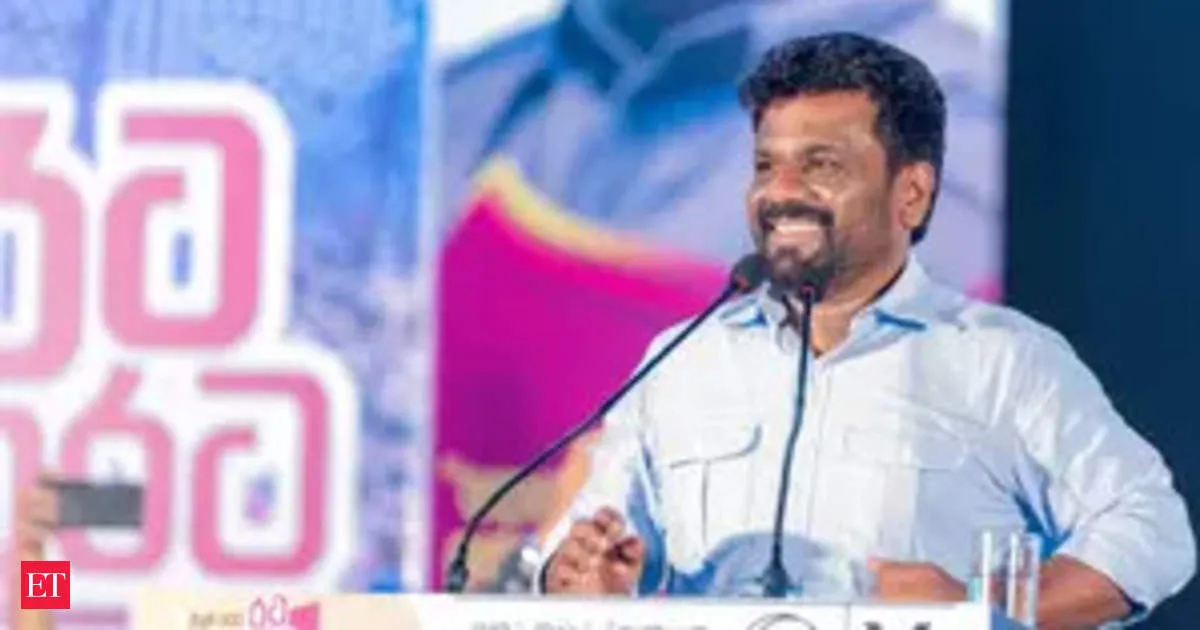Anura Kumara Dissanayake: The New Leader of Sri Lanka and the Economic Crisis

Anura Kumara Dissanayake Takes Office
Anura Kumara Dissanayake, member of the National People’s Power coalition, has been elected as Sri Lanka's president, securing a decisive 42% of the vote during the country’s first election post the 2022 economic collapse. With a background as a student activist and a member of the Janatha Vimukthi Peramuna (JVP), he represents a significant shift in the political landscape.
Background and Political Journey
Born on November 24, 1968, Dissanayake’s journey began as a prominent student leader protesting economic injustices. His political career gained momentum when he became a member of the JVP politburo in 1998. He entered Parliament in 2004, leading to key roles including Chief Opposition Whip. After a surprising victory in this election, his ascent is seen as a response to widespread discontent following the financial crisis.
Promises to Tackle Corruption and Economic Reform
During his campaign, Dissanayake pledged to focus on anti-corruption measures, promising not to follow the lead of past leaders who failed to uphold their commitments. He highlighted the dire economic situation where inflation soared to 70%, leading to significant hardships for citizens.
- Focus on tax reforms and welfare enhancements.
- Commitment to working with the International Monetary Fund (IMF).
- Vows to dissolve parliament for new mandates reflecting public demand.
The Scope of Dissanayake’s Leadership
Dissanayake's administration will tackle numerous unresolved issues, including the investigation of the 2019 Easter Sunday bombings. His government plans to cooperate with the IMF to stabilize the economy while gaining public trust.
Conclusion: Expectations for Change
The expectations surrounding Dissanayake's presidency are significant as citizens yearn for political accountability and economic relief. With a focus on transparency, his leadership is anticipated to navigate Sri Lanka from a challenging economic period into a hopeful future.
This article was prepared using information from open sources in accordance with the principles of Ethical Policy. The editorial team is not responsible for absolute accuracy, as it relies on data from the sources referenced.